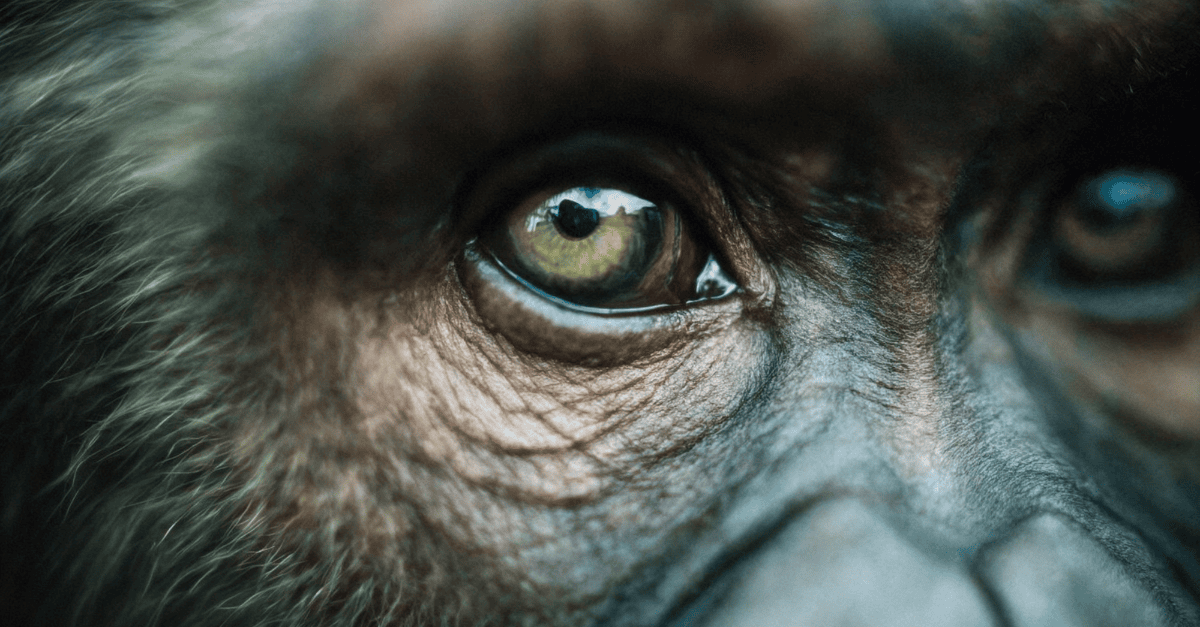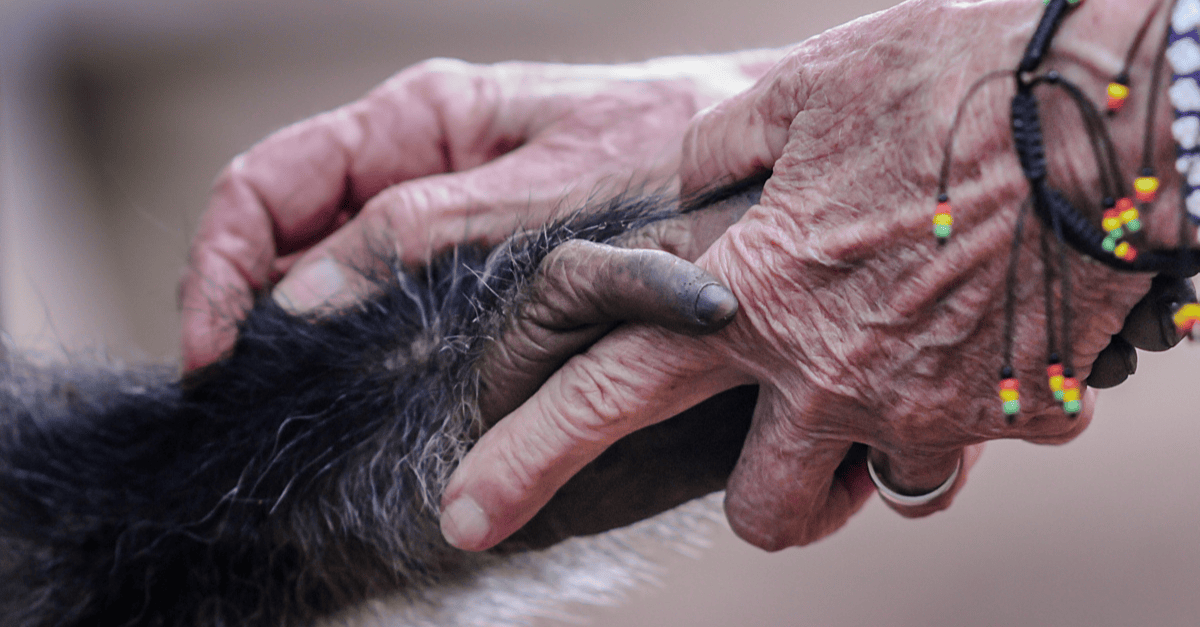With an international lineup of speakers from industry, academia and sport, World Horse Welfare’s 25th annual conference brought more than 500 in-person and virtual guests a wealth of views on a delicate topic: “When does use become abuse?”.
“Society is increasingly suspicious of traditional uses of animals and, thanks to science, we know more especially about what horses need and how what we do impacts them. Today’s focus is on leading the debate on what can be done to establish an even stronger horse-human relationship and a fairer partnership. This applies to all the horses we help – be they horses in need, sport and leisure horses or horses used in work and production.” World Horse Welfare, Chief Executive, Roly Owers
From horses working in city centres and remote areas to world-class equine athletes, we must pay close attention to objective evidence of what is good and bad for horses and be prepared to adapt our practices accordingly. Such importance of applying science and an evidence-based approach was recognised across the board for training equines, owners and carers. If horse owners, carers, and trainers are educated in how horses learn, that increased understanding can revolutionise the handler’s attitude and approach – with the equine’s welfare benefitting in consequence.
Another theme which cropped up in various guises was empathy. Matt Brown and Associate Professor of the Universidad Austral de Chile Tamara Tadich’s presentations explored the importance of empathy and how much it can positively impact an equine’s relationship with the human handling, training, or caring for them. The concept of One Welfare was applied here, revealing that owners with more empathy for their working equid were likely to rate their quality of life as higher. Though the importance of a positive human-horse relationship was explored in Tamara’s presentation in the context of working equids, the points raised are true within horse-human relationships worldwide. She highlighted how that relationship is affected by past experiences – positive, negative, or neutral – and explained how greater knowledge and understanding can promote more positive experiences for both parties. Since the quality of the horse-human connection will directly impact the equine’s welfare, the value of increasing positive interactions – across the equestrian sphere – should not be underestimated.
The speakers also stated that we need to be prepared to challenge our attitudes and perceptions – from assuming that the welfare of any working equid is automatically poor or that they should be replaced by some form of technology to reflexively leaping to defend practices we have used because that is what we were taught.
“Things that used to be common practice and done in a not-so-secret way, maybe behind closed doors or behind the barn, are not acceptable anymore. Instead of defending some of those common practices, we need to do better for the horses. We need to be willing to call out that behaviour when we see it.” Matt Brown, US Eventer
By not being afraid to admit where we may have shortcomings – whether that’s not considering that our management practices could be improved in line with the latest evidence, being aware that we are perhaps not as patient as we may wish, or even acknowledging that we can easily get caught up in the buzz of competition and make decisions we wouldn’t make otherwise – and being open to learning and implementing changes ourselves, we can truly improve equine welfare and ensure that use does not become abuse.
Photo by Jeremy Bishop on Unsplash





